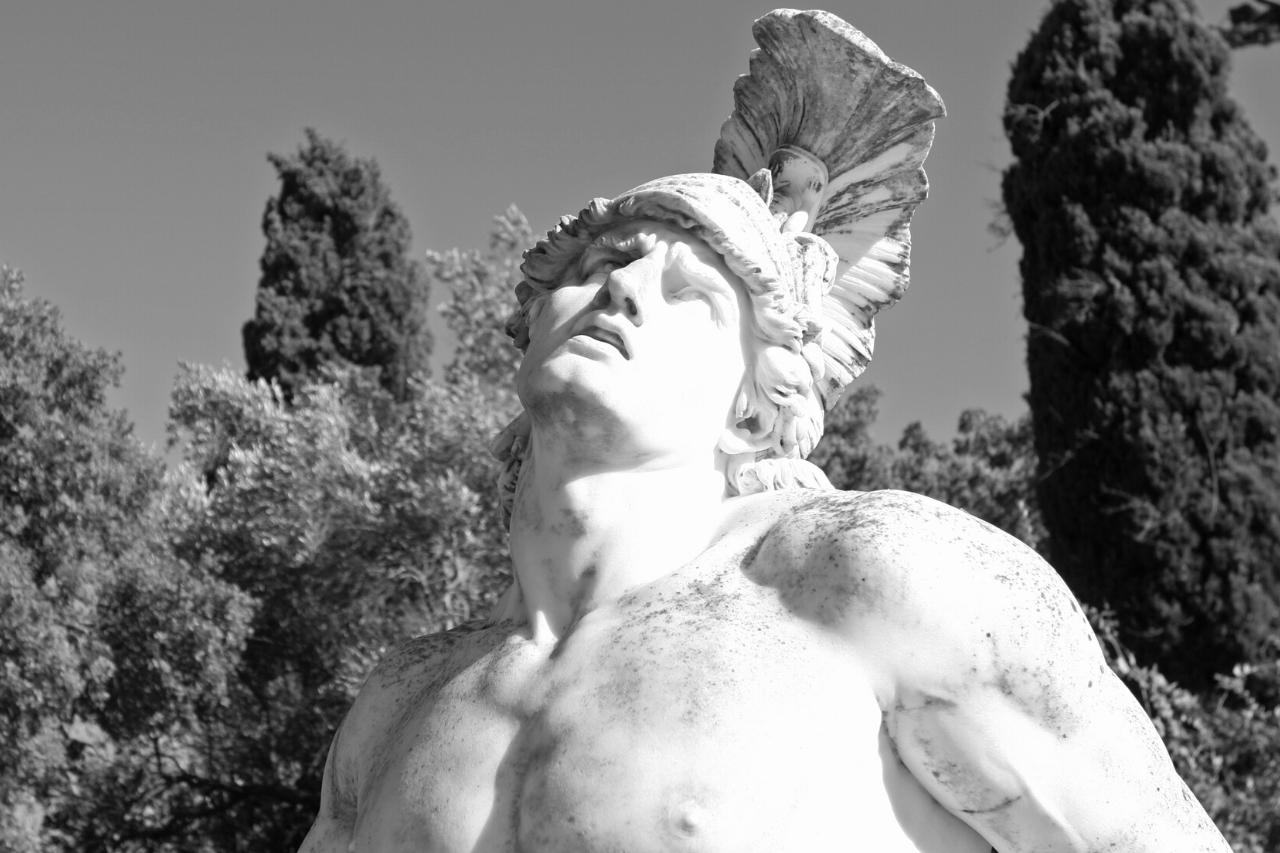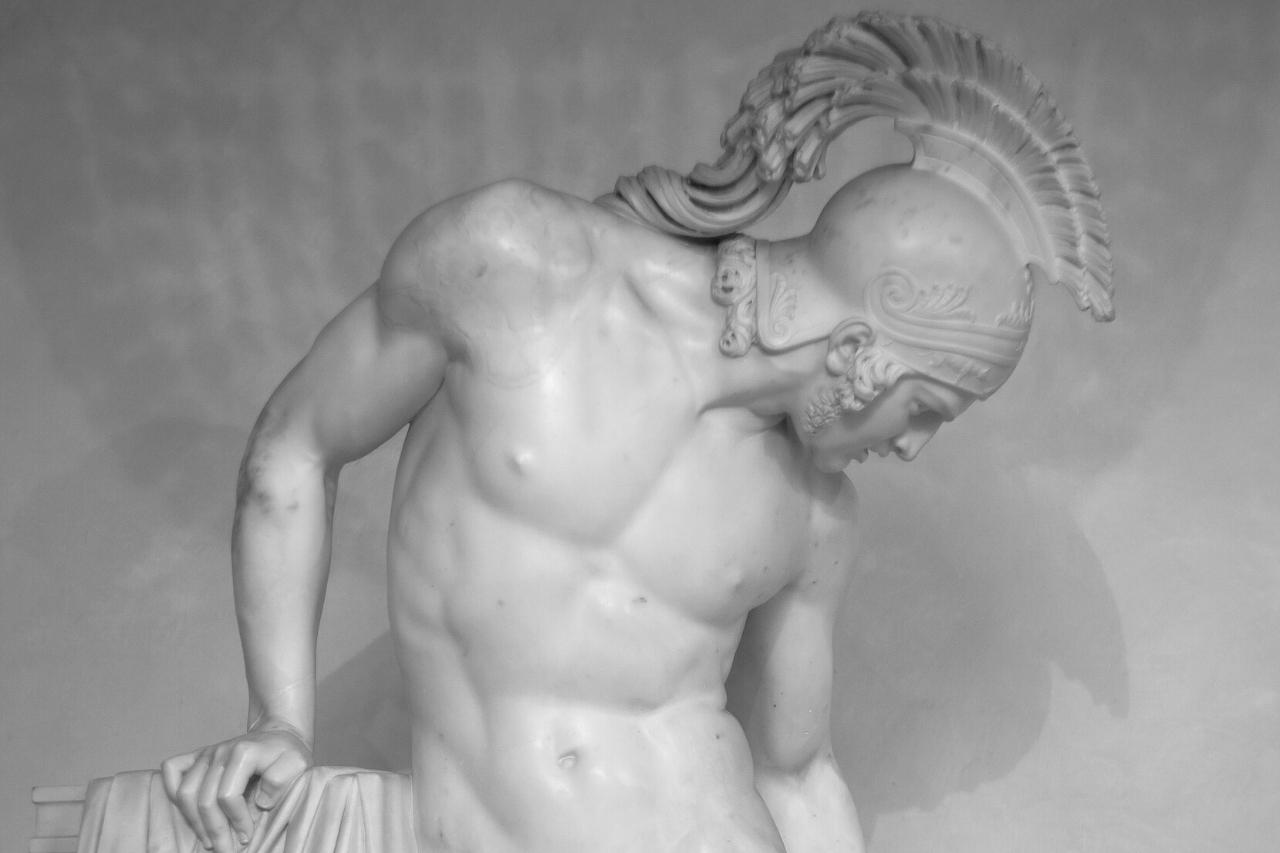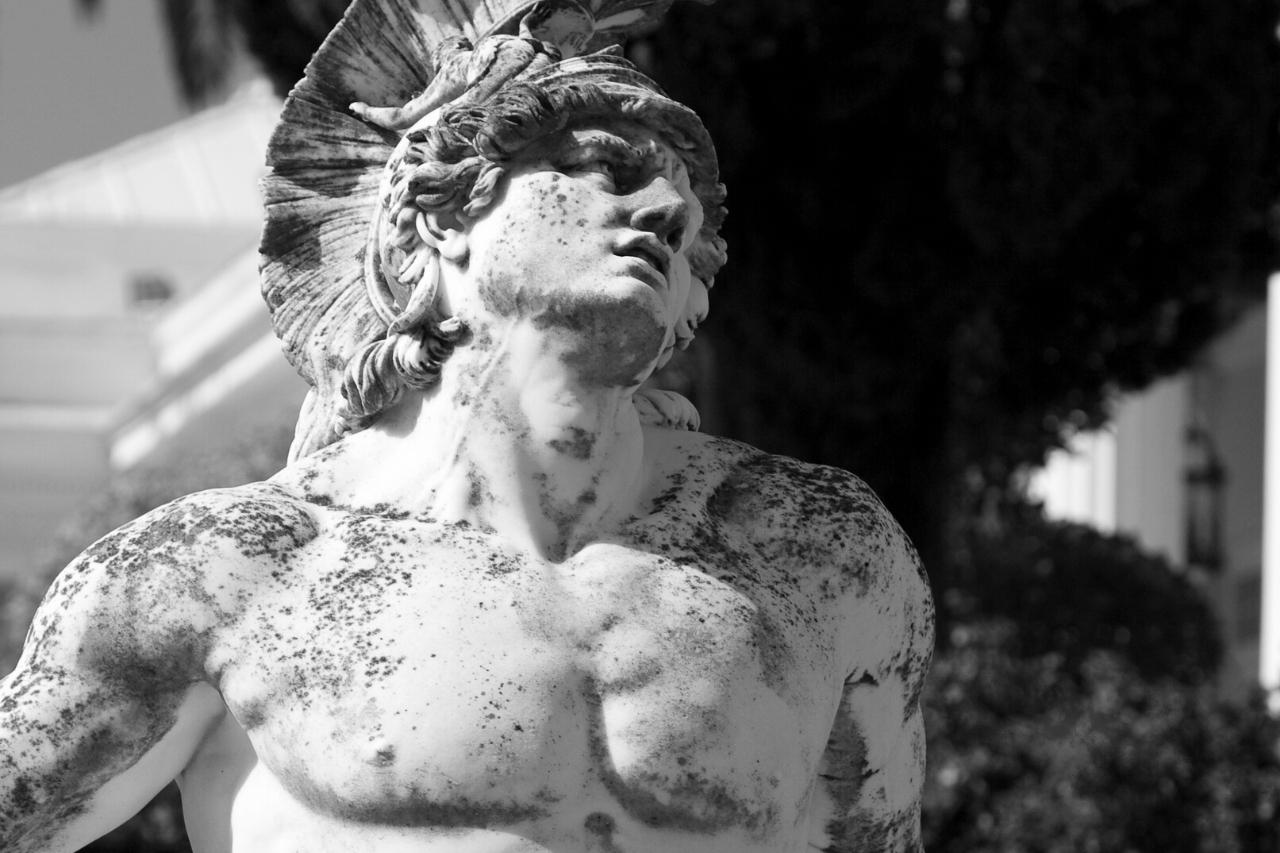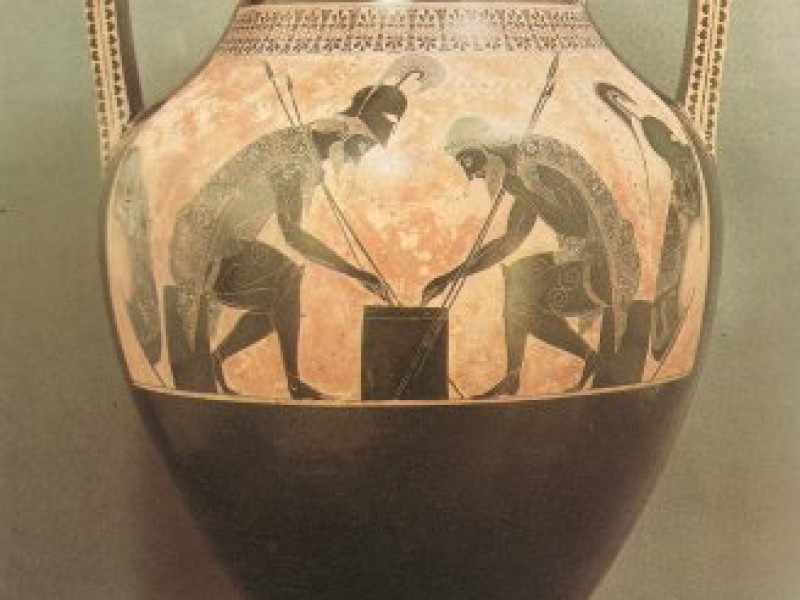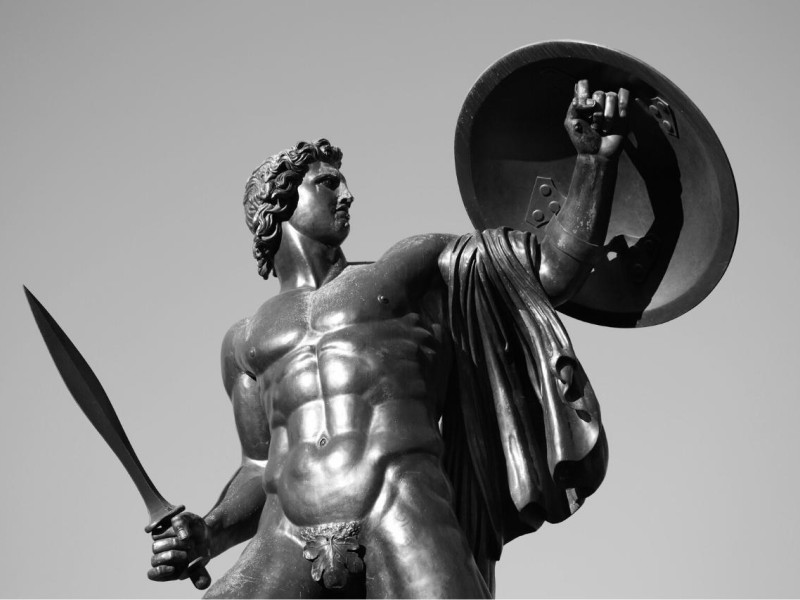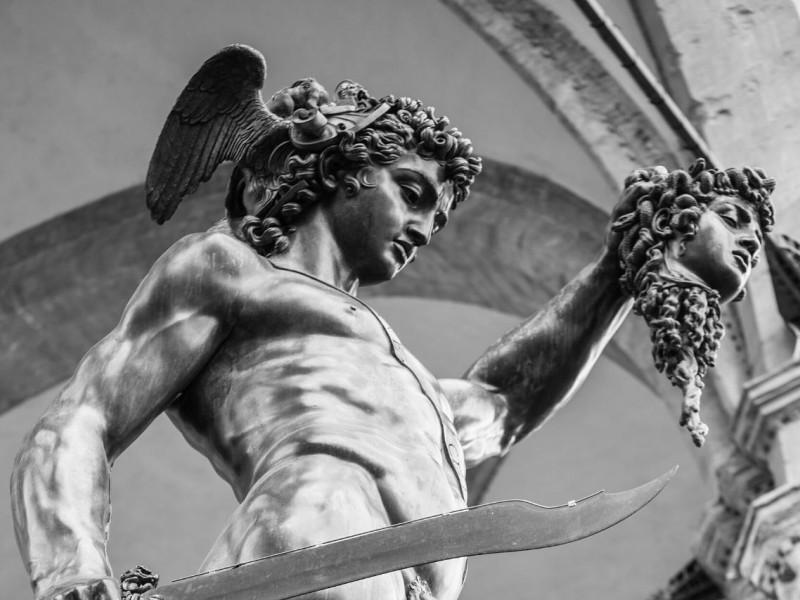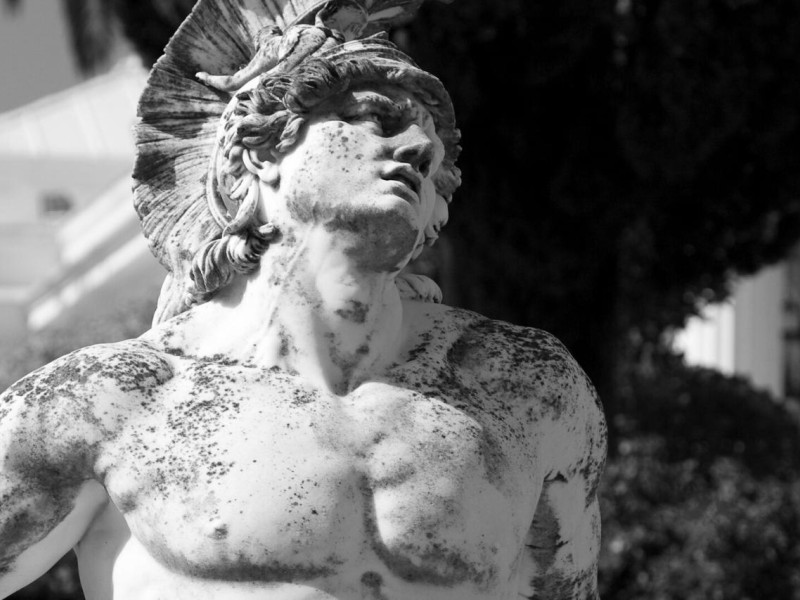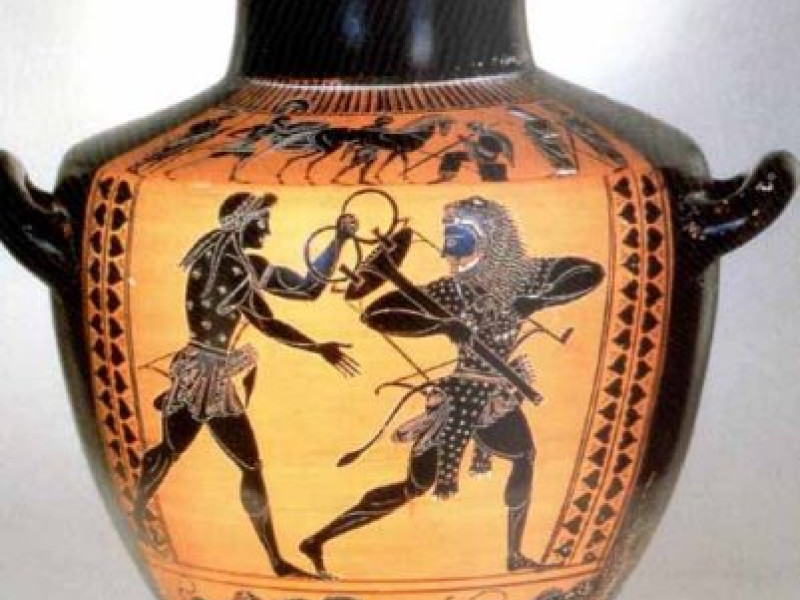How Old Was Achilles When He Died: A Conclusive Report
How old was Achilles when he died?
This question has been asked many times, and rightfully so because there is no authentic data or explanation present. Achilles was an ancient Greek hero who rose to fame in the famous Trojan war. Here we bring you the details of the death of Achilles and all the events that led Achilles to the ground.
Keep reading as we have carefully sourced the most authentic information and here we articulate it to you.
How Old Was Achilles When He Died
Achilles was only 15 years old when he began fighting in the Trojan war and then died. The life and death of Achilles are quite dramatic which found their way into the famous poem, the Illiad, by Homer. Homer was a Greek poet, whose ancient poems brought Greek mythology to life. His poems became the basis of the culture and religion in ancient Greece.
The Age of Achilles When He Died In the War
In the Greek war, Achilles was fighting head-on with the enemy. On the other hand, Patroclus, Achilles’ dear friend, was killed on the battlefield by Hector, a Trojan prince and the greatest warrior of Troy. Achilles was devastated when he learned about the death of Patroclus.
Achilles ran towards the corpse of Patroclus and embraced it. The Trojan warriors saw that Achilles left his position and now has become vulnerable. Paris, who was the antagonist in the Trojan war, shot an arrow at Achilles’ heel and killed him.
The Iliad explains the death of Achilles in this way. Achilles, therefore, lost his life on the battlefield in Troy, at the age of 25. Many people argue that the death of Patroclus left Achilles without the energy and will to fight and win the war. His best friend was gone and soon afterward, so was Achilles.
Achilles: Trojan War
Achilles was around 15 years old when the famous Greek event, the Trojan war started. He fought alongside the Greeks and his dear friend, Patroclus.
The Trojan war was famous for various reasons. It gave history great heroes and valuable life lessons.
The war started because of the interference of the Olympian Gods with the humans and their manipulation of human feelings.
Soon the war turned into a massacre. Many great fighters were lost in the war that went on for ten years.
Achilles was on the side of the Greeks. He arrived at Troy with 50 ships, carrying Myrmidons. Myrmidons are the people of an ancient Thessalian Greek tribe. These Myrmidons fought under Achilles and were very loyal to him.
Achilles’ Heel
Achilles’ heel plays a very important role in his story. When Thetis was looking for ways to make Achilles immortal, she came across away. All she had to do was dip Achilles in the waters of the river Styx. The river Styx is a river between Gaia (Earth) and the Underworld.
Thetis took Achilles to the Styx and dipped him several times in the river. She held Achilles by his heel and dipped him. Achilles’ whole body was dipped except for his heel which the Thetis was holding. So Achilles became immortal in this way.
According to the myth, Achilles’ body became immortal except for his heel because his heel was not dipped in the River Styx. This piece of information was well-known among Achilles’ peers and the surroundings. No one knew this mortal heel would be the death of Achilles.
FAQ
How Was Achilles’ Early Life Like?
Achilles was born to Thetis and Peleus. Thetis was the daughter of the sea god, Nereus. While Peleus was the King of Myrmidons which was an ancient Thessalian Greek tribe. So Achilles was born as a union of two strong entities with power.
There are many stories related to the conflict between Zeus and Thetis and how she refused to marry Zeus. The most famous and widely accepted tale is that Thetis turned down Zeus’ advances many times because she was loyal to Hera who was Zeus’ wife. In return, Zeus decreed Thetis to never marry an immortal and for his offspring to be born a mortal.
Thetis, therefore, married Peleus, a mortal. They had a son named Achilles. Due to Zeus’ decree, Achilles was born mortal. Thetis did not want to see his son live his life as a mortal and thus reverted to making him immortal by any means possible.
How Old Were Achilles and Patroclus?
Achilles and Patroclus were 25 years old when they were killed in the Trojan war. They both were very close to each other and after their deaths, their remains were buried together to give their friendship an eternal life together.
When Was Achilles Born and Killed?
Achilles was born around 15 years before the Trojan war was fought. Homer explains the death of Achilles in the Iliad. According to the Iliad, Achilles had died in the Trojan war when an arrow, shot by Paris, struck Achilles in his heel. The same heel that was left undipped in the River Styx by his mother Thetis.
How Did Achilles Die in the Trojan War?
Achilles was shot by Paris in his heel. Some say the arrow was guided by the god Apollo and some say the arrow was poisonous. Nevertheless, the arrow killed Achilles.
Conclusion
Achilles was one of the bravest and most celebrated soldiers in the mythology. So famous that even now, he is remembered in golden words and paid homage to.
Here we conclude with some important points to remember:
Achilles was 25 years old when he died in the war alongside his companion and friend Patroclus.
Achilles was born as a mortal but his mother, Thetis made him immortal by dipping him in the River Styx by holding him from his heel which was left dry.
Achilles’ whole body was immortal except for his heel.
Paris shot Achilles in the heel and killed him in the famous war. Achilles was buried alongside Patroclus.
The astounding soldier of the Greek army, Achilles will be remembered by many generations to come. His bravery and skills were surely unmatched and we have Homer to thank for bringing his life to light.
